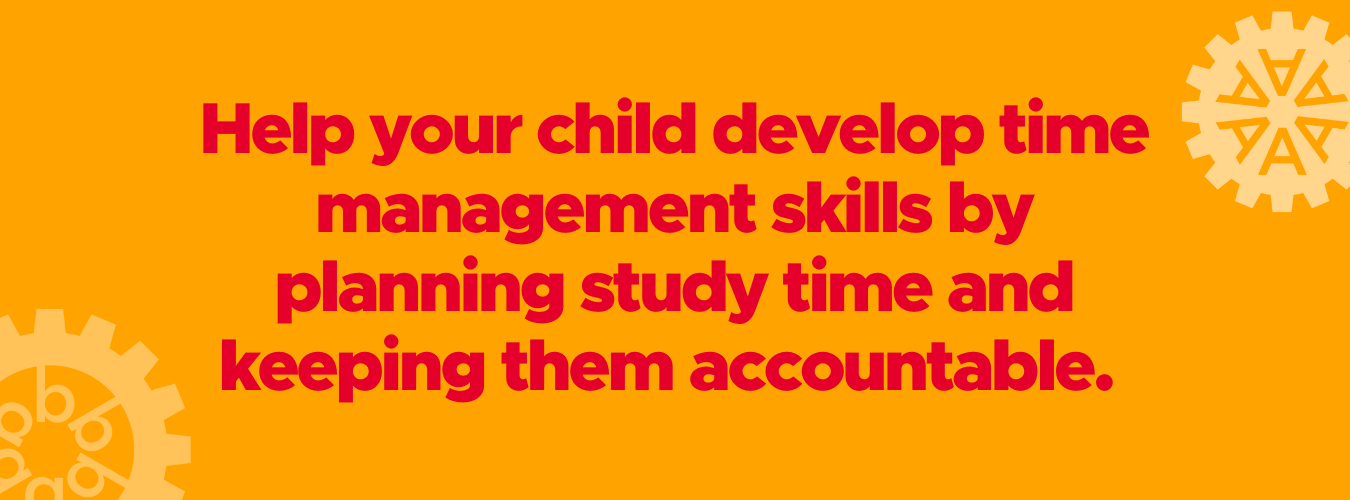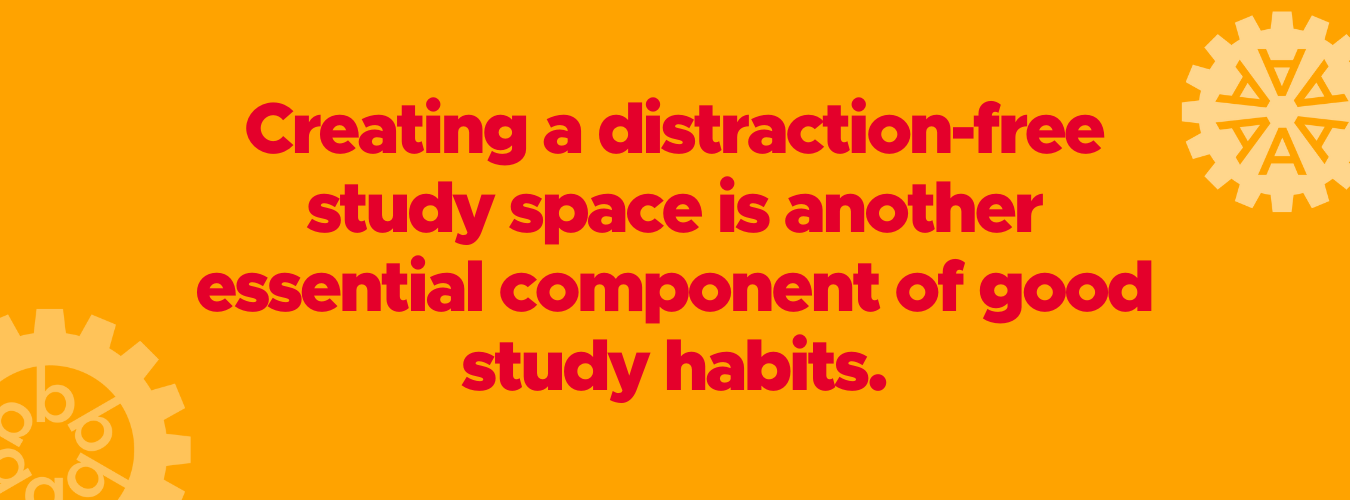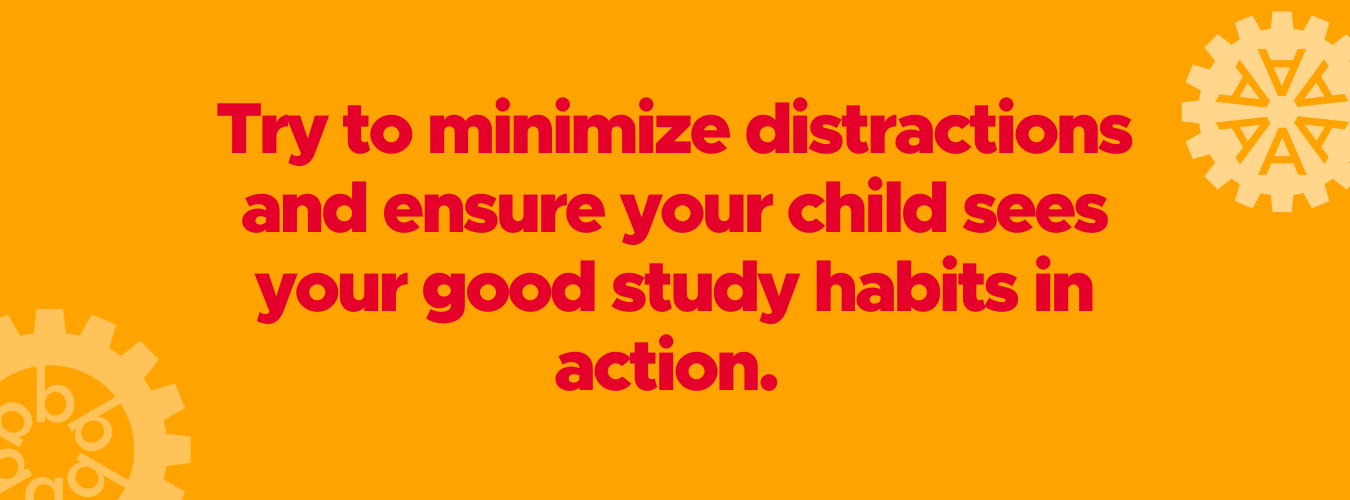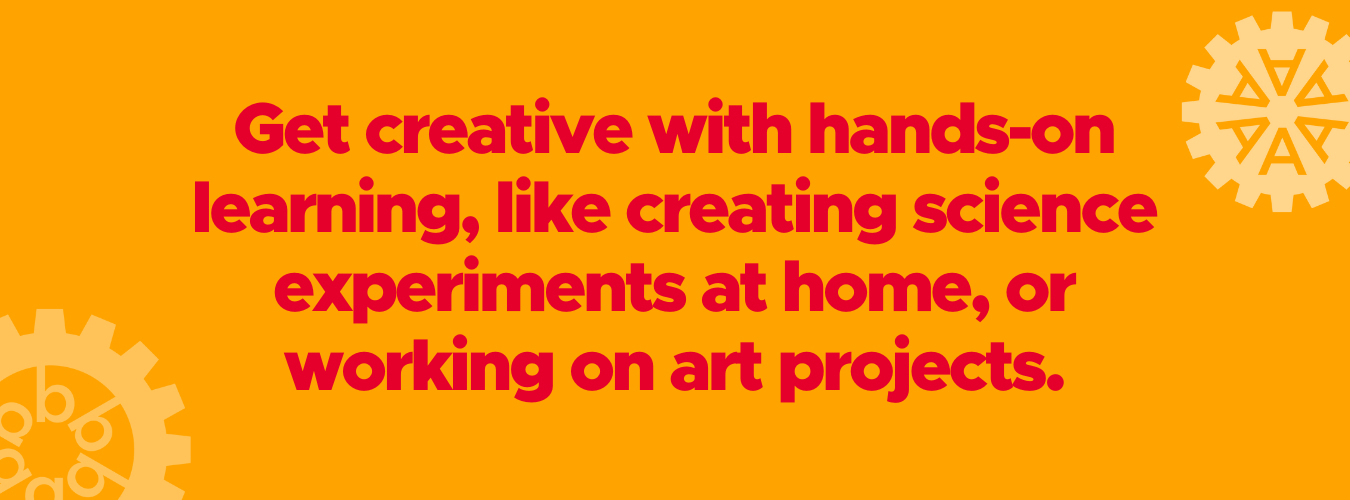How to Develop Good Study Habits

Developing effective study habits and a good grade is a vital skill that can greatly benefit children throughout their academic journey in high school and beyond. In this article, we will explore some important points about the significance of good study habits and provide valuable insights from experts on how parents can assist their children in cultivating these habits.
Positive habits have the power to simplify life for most students by becoming ingrained routines that eliminate the need for constant mental energy and motivation. Establishing strong study habits from an early age lays a solid foundation for future academic success and can be applied to various aspects of life.
Children are greatly influenced by their environment, and parents, teachers, and mentors serve as role models for shaping their habits. By demonstrating positive habits, adults can inspire children to adopt similar behaviours.
Good habits extend beyond academics and have a positive impact on nutrition, physical activity, time management, social media and more. Instilling effective study habits in children is essential for their academic development and helps foster a lifelong love for learning.
Read on to discover practical tips for instilling highly effective study habits and cognitive performance in young learners.
Is your child struggling to keep up with schoolwork? Are they falling behind? Are they bored in class? Or are you looking for extension work for your child? Check out our eBook to learn more about how we help your child improve academically and build confidence through our in-centre after-school tuition.
Understanding Study Habits
Study habits refer to actions that become automatic and require minimal conscious thought. These and bad study habits encompass establishing a consistent and realistic routine for studying effectively, making informed decisions about what and how to study, utilizing time effectively, taking effective and class-taking notes together, and recognizing when assistance is needed.

It is crucial to differentiate between homework and study sessions. Homework refers to specific tasks assigned by teachers or schools to be completed outside of school hours within a reasonable timeframe.
On the other hand, study sessions involve self-directed learning beyond the assigned homework and class material. Study sessions allow children to address learning gaps, test well, retain information, pursue areas of interest, practice exam take, build confidence, and test and extend their understanding of various topics.
As a parent, it is important to engage in open discussions with your child about the purpose and benefits of both homework and study sessions. Instead of viewing them as burdensome tasks, emphasize the value of independent learning and the skills it cultivates, such as critical thinking and curiosity.

Offer Choices
Experts recommend providing children with choices rather than imposing strict instructions. Allowing your child to make decisions empowers them and instils a sense of ownership over their studies. Creating a study timetable together is an effective way to establish a routine and study group that suits their preferences.
Consult with your child's school to understand the recommended time for homework and study smarter about two hours for study sessions, for example, and involve your child in deciding how much additional study time they would like to dedicate. Allocate regular time slots for homework and study, considering reasonable breaks enough sleep in between study sessions and being mindful of concentration spans.
Craft a Study Timetable
Planning study time is crucial for effective learning. Help your child develop essential time management skills by assisting them in using study groups and creating a study timetable. Utilize a weekly planner to allocate specific time slots for studying different subjects, taking notes, or practising specific skills.
Encourage your child to set aside dedicated time each day for study and homework. With consistent practice, this habit will become second nature and foster strong planning and time management abilities. To enhance focus and awareness of time, introduce visual timers in class notes and encourage your child to take a break and to track their study break and progress in class using the study timetable.

Promote Physical Activity
Additionally, it's important to promote a healthy work-life balance for your child. Encourage them to engage in physical activities, hobbies, and social interactions outside of their study schedule and time. Allowing for time to relax and recharge will not only prevent burnout but also enhance their overall well-being and cognitive abilities. A balanced approach to life will ultimately contribute to their academic success by promoting mental clarity, focus, and sustained motivation.
Plan Study Sessions
Teaching children how to effectively plan their time is a valuable skill that will benefit them throughout their lives. Assist your child in developing time management abilities by a weekly study schedule, and helping them plan their study sessions.
Use the weekly planner to block out dedicated time for studying specific subjects or tasks. For older students, they can allocate study periods on their regular breaks on different days of the week to focus on different subjects or dedicate specific time slots for certain tasks.
Establishing a consistent routine weekly schedule for study and homework helps students develop strong planning skills and ensures they will stay focused and on track. If your child struggles with focus or completing tasks within the allocated time, visual timers can serve as effective tools to maintain motivation and track progress.
Create a Distraction-Free Study Space
Designating a distraction-free study space is crucial for cultivating good study habits. Help your child identify potential distractions and work together to minimize them. Ensure they have a dedicated study area with sufficient workspace, proper lighting, and comfortable seating. By creating an environment conducive to concentration, you set the stage for productive study sessions.

Maximise Time Utilisation
Even when your child does not have assigned homework, it is important to encourage them to study effectively and utilize their allocated downtime time wisely too. Encourage them to engage in self-selected study sessions or activities that focus on reading, writing, or math. By making the most of their free time, they will develop a habit of continuous learning and effective time utilization.
Praise and Reward Effort
Research shows that recognizing and praising a child's effort, rather than solely focusing on their innate abilities, enhances their confidence and nurtures a lifelong love for learning. This approach, known as developing a growth mindset, encourages children to embrace challenges, persevere through obstacles, and appreciate the value of hard work. When praising your child, acknowledge little value of their dedication and commend their hard work.
Model Desired Behaviours
As a parent, you play a crucial role in inspiring your child. Minimize distractions during study time by engaging in your projects or learning activities. This demonstrates the importance of focused studying and creates a supportive environment. By being present and available, you can assist in your child's study sessions if needed.

Implement a "When-Then" Routine
Incorporating study and homework time into your family's daily routine helps establish a seamless and predictable habit. One effective strategy is the "when-then" routine. Communicate to your child that when they complete their homework or study session, then they can engage in a preferred activity or reward, such as playing on the iPad or visiting a friend.
This routine ensures that responsibilities are fulfilled before other distractions take over at night, allowing for a good night's sleep at night and preventing tasks from being forgotten.
Mindset
Cultivating a positive mindset towards learning is essential when developing good study habits. Help your child develop a growth mindset by emphasizing the importance of effort, resilience, and the belief that intelligence and abilities can be developed through practice and dedication.
By fostering a growth mindset, you instil in your child the confidence to tackle challenges, embrace mistakes as learning opportunities, and continuously strive for improvement. This mindset leads to good grades, a more positive and productive study experience and successful students.
Set Goals for Motivation
Goal setting is a powerful tool for motivating children and maintaining focused attention and consistent effort. Encourage your child to set both small and large goals related to their studies. This could include passing spelling tests, mastering times tables, or achieving academic awards. Have them write down their goals and display them where they can see them daily. Remind them of their goals if their commitment wavers over time.

Make Learning Fun
Learning becomes more enjoyable when it is engaging and fun. Explore various ways to make studying enjoyable for your child, regardless of their grade level. Incorporate hands-on learning activities, conduct science experiments at home, embark on art projects, and visit museums or historical sites to spark interest in different subjects.

Gamify spelling or times table practice by creating challenges and offering rewards for reaching specific milestones. By making learning fun, you inspire your child's curiosity and create a positive association with studying.
How We Can Help
Developing strong study habits is a valuable skill for every child. If you're considering after-school tutoring or need assistance with planning revision and exam preparation, seek support from education centres like NumberWorks'nWords.

They offer free, no-obligation assessments and provide study techniques through free lessons with experienced tutors. Even if you choose not to continue with their services, they can discuss your child's assessment results and suggest strategies for addressing any learning gaps. Book a free assessment today students learn how to support your child's academic journey.
By implementing the tips outlined in this article and providing consistent support and guidance, parents can help their children develop the most effective study habits ever. These habits will not only contribute to their academic success but also equip them with essential skills for lifelong learning.



